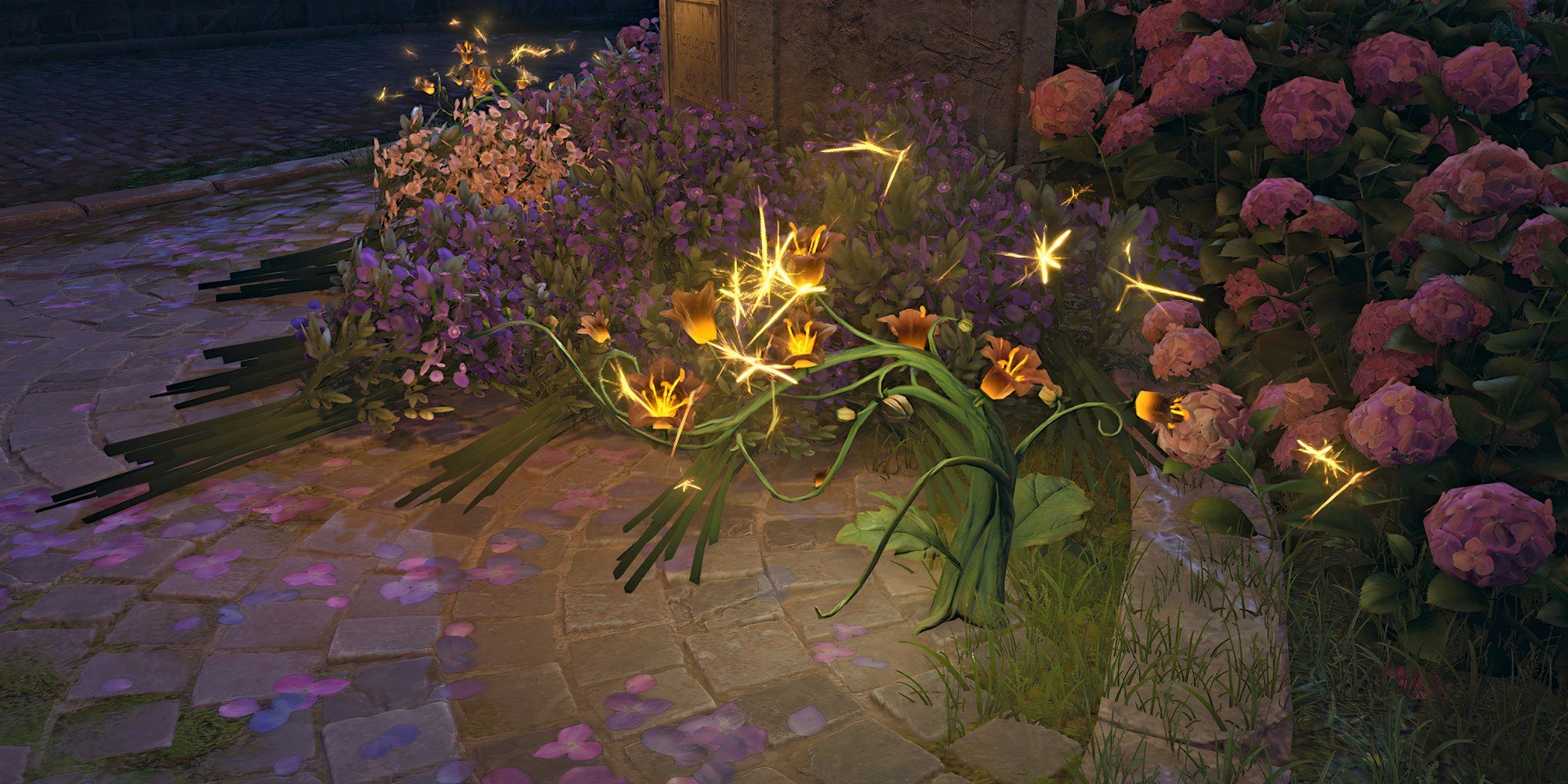When Bethesda unveiled *Oblivion Remastered* earlier this week, my initial reaction was sheer disbelief. The 2006 journey through Tamriel, infamous for its quirky, potato-faced characters and blurry, low-res grasslands, has now been transformed into the most visually stunning Elder Scrolls game to date. After experiencing numerous HD overhauls, I've become accustomed to expecting lackluster results from remasters—think Mass Effect Legendary Edition and Dark Souls Remastered, which are hardly distinguishable from their Xbox 360 counterparts. Yet, seeing the Imperial City, a place I explored nearly two decades ago, rendered with Unreal Engine 5 and ray tracing was nothing short of astonishing. Beyond the breathtaking visuals, the game has been enhanced with significant upgrades to combat, RPG systems, and countless other details. This led me to question whether Bethesda and the developer, Virtuos, had misnamed it. Could this truly be an *Oblivion Remake* rather than a remaster?
It seems I wasn't the only one with this thought. Many fans have labeled it a remake, and even Bruce Nesmith, the senior game designer of the original *Oblivion*, remarked, "I’m not sure [the word] remaster actually does it justice." Initially, I too questioned the remaster label. However, after spending several hours playing, it became clear that while *Oblivion Remastered* may look like a remake, it fundamentally plays like a remaster.
The reason *Oblivion* looks like a remake is straightforward: Virtuos has undertaken a massive overhaul, redesigning "every single asset from scratch." Visually, everything on the screen is brand new—from trees and swords to crumbling castles. This ensures that *Oblivion* meets modern graphical standards with its beautifully textured landscapes, stunning lighting, and a new physics system that makes every arrow and weapon strike impact the world realistically. Although the characters you encounter are familiar from 2006, each NPC model is a fresh creation. This impressive overhaul aims not to recreate something that "looks like you remember" but rather to achieve excellence by 2025 standards. Had I seen this before the remaster rumors, I might have mistaken it for *The Elder Scrolls 6*.
Yet, it's not just the visuals that have been upgraded. Combat has been refined, making swordplay feel more substantial than ever before. The third-person camera now includes a functional reticule, and every menu—from the quest journal to dialogue and the lockpicking and persuasion minigames—has been given a refreshed interface. The original, problematic leveling system has been replaced with a more logical hybrid of *Oblivion* and *Skyrim*'s approaches. Sprinting, a long-awaited feature, has finally been added. With so many visual and gameplay enhancements, one might argue we're venturing into remake territory.
Had I encountered *Oblivion Remastered* before the rumors, I might have believed it was *The Elder Scrolls 6*. The crux of the matter, however, lies not in technology, game changes, or project scope, but in semantics. The gaming industry lacks clear definitions for remakes and remasters, with publishers often using these terms loosely. Rockstar's "Definitive Edition" remasters of the Grand Theft Auto trilogy, for instance, are clearly PlayStation 2-era games with upgraded textures and lighting. Conversely, the Crash Bandicoot N. Sane Trilogy, also labeled a remaster, features entirely new graphical assets and looks modern. The term "remake" becomes even more ambiguous with examples like Bluepoint's *Shadow of the Colossus* and *Demon's Souls*, which are rebuilt from the ground up yet remain faithful to their originals, and *Resident Evil 2*, which retains the original structure but completely reimagines the gameplay. Finally, *Final Fantasy 7 Remake* and *Rebirth* radically alter the original design, script, and story. Despite being called remakes, these games share little in common philosophically.
Traditionally, if a game was rebuilt from scratch in a modern engine, it was deemed a remake, while remasters were seen as more limited upgrades within the original technology. However, this definition is becoming outdated. It's more appropriate today to define a remaster as a graphical overhaul that preserves the original game's design, with a few quality-of-life gameplay upgrades, while a remake redesigns the game from scratch. Under this definition, *Demon's Souls* and the upcoming *Metal Gear Solid: Delta* would be considered remasters, reserving the term "remake" for games that offer truly new interpretations of old concepts.
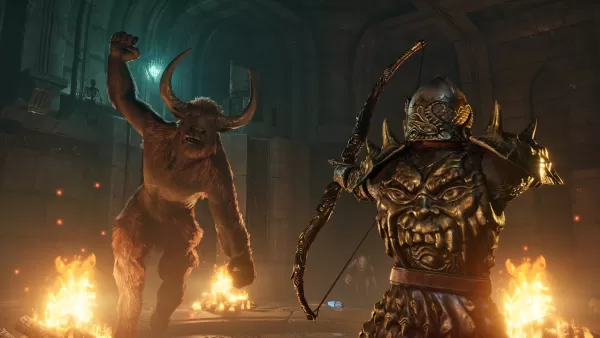
So, if we adopt these proposed definitions, is this new version of *Oblivion* a remake or a remaster? Anyone who has played even an hour can see that *Oblivion Remastered* is aptly named. While its new assets and Unreal Engine 5 ray tracing make it look brand new, underneath lies the same 20-year-old framework, pieced together in that distinctly Bethesda fashion. As the studio explained, "We looked at every part and carefully upgraded it. But most of all, we never wanted to change the core. It’s still a game from a previous era and should feel like one."
The hallmarks of that era are evident everywhere—in the loading screens behind every door, the perplexing persuasion minigame that remains nonsensical despite its interface upgrade, the simplistic city designs reminiscent of stage sets, the awkwardly wandering NPCs with robotic dialogue, the still somewhat clunky combat, and the myriad of bugs and glitches preserved in homage to the original's quirky charm.
Just a few months ago, Obsidian's *Avowed* showcased the future of some *Elder Scrolls* elements. Its dynamic combat and approach to exploration make *Oblivion Remastered*'s systems feel dated. Yet, this revised classic still has much to offer in 2025. The magic of its world remains vibrant, with its Rohan-like open fields brimming with mysteries and oddities. Its ambition shines through in features like dynamic goblin wars and a questing structure that outshines *Skyrim*'s repetitive dungeons. The old-school player freedom feels refreshing in today's hand-holding gaming landscape. However, the game's finer details are clearly aging, with dialogue lacking finesse, systems lacking elegance, and level design feeling ancient. A remake would update these elements, but *Oblivion Remastered* is about reliving the past. Hence, it is indeed a remaster.
AnswerSee ResultsVideo games often borrow terminology from other media. In film, remakes are new productions with new casts, crews, scripts, and sets, while remasters enhance existing films to meet modern visual standards. Even with 4K restorations, films like *Jaws* and *The Godfather* remain products of the 1970s, evident in their direction, delivery, and effects. *Oblivion* mirrors these Blu-ray restorations of classic films, pushing visual quality to its limits by recreating its "exterior" in a new engine. Yet, beneath its polished surface, it remains a product of the 2000s. Alex Murphy, executive producer at Virtuos, aptly described it during the reveal stream: "We think of the *Oblivion* game engine as the brain and Unreal 5 as the body. The brain drives all the world logic and gameplay and the body brings to life the experience that players have loved for almost 20 years."
*Oblivion Remastered* is precisely what its name suggests, and this should not diminish its accomplishments. Rather than insisting it's a remake, we should use it as the benchmark for remasters from other major AAA companies. This is the standard *Mass Effect Legendary Edition* should have achieved, not just a cleaned-up re-release. This is what *Grand Theft Auto: The Trilogy* should have been, rather than a seemingly cynical cash grab. There's nothing cynical about *Oblivion Remastered*. It looks like a remake crafted by passionate hands but plays like a remaster preserved by loving fans, and that's exactly how it should be.

 Latest Downloads
Latest Downloads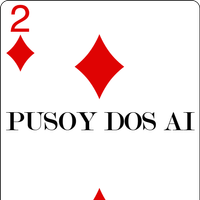
 Downlaod
Downlaod
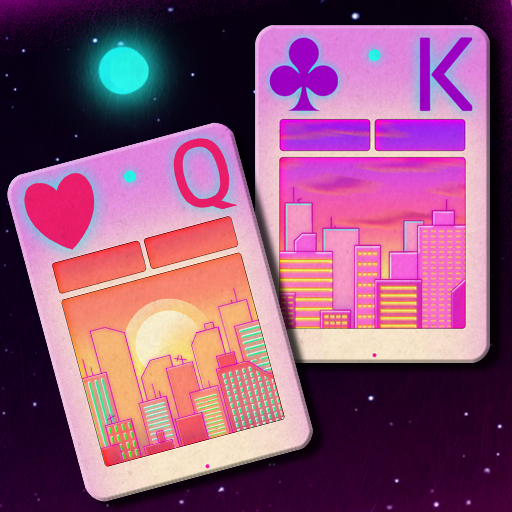


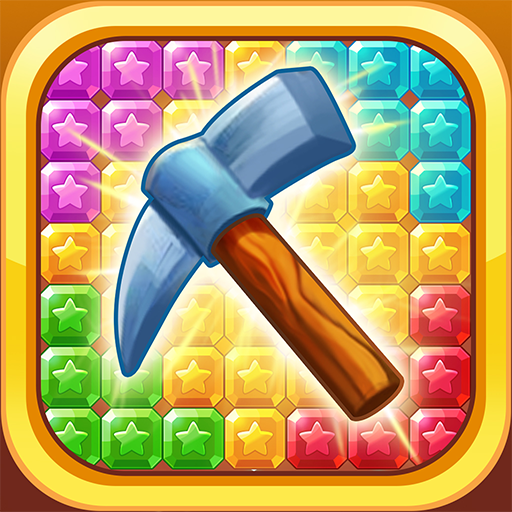
 Top News
Top News

